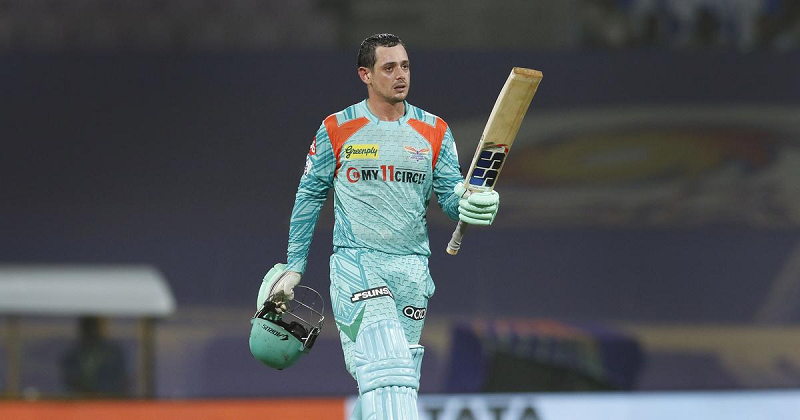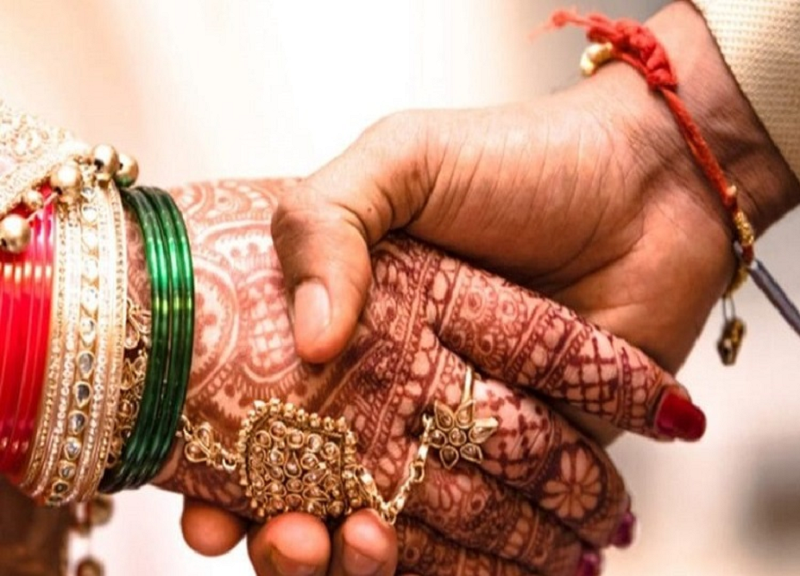High blood pressure is considered harmful for health in many ways, the biggest risk is to heart health. Health experts say that people whose blood pressure often remains higher than normal have a higher risk of heart attack, heart failure and brain stroke. It is important to keep trying to keep it under control, even if you are young and have not had blood pressure problems before. Doctors say, it is important for people of all ages to keep checking blood pressure regularly and pay attention to its symptoms.

Doctors say, there are many such conditions that can increase blood pressure. Eating more salt, consuming tobacco or alcohol, often taking stress are conditions that increase blood pressure. Apart from this, its risk has also been seen in people suffering from some types of chronic diseases such as kidney problems, diabetes and sleep apnea.
There are many symptoms of blood pressure that most of us are usually unaware of. Let's know about this.
What happens when blood pressure increases?
Health experts say, increasing blood pressure can have many effects on the body, about which everyone needs to be careful. In many cases, people with high blood pressure do not have any symptoms. On the other hand, people who often have this problem may have some problems.
Headache and chest pain, dizziness, nausea and vomiting, blurred vision, numbness or weakness, nose bleeding are common due to high blood pressure (hypertension). Apart from this, there are some signs on which everyone should keep an eye.
Difficulty in breathing
Experiencing shortness of breath, especially during physical activity is very common. However, if you often have this problem, even while resting, if you keep breathing, then it can be a sign of high blood pressure. During winter days, the airways become narrow due to cold air. Due to this, breathing may be more difficult for people with high blood pressure. If you continue to feel unusually short of breath, then definitely get your blood pressure checked.

Nosebleeding
Injury to the nose or mouth can cause nosebleeding, however, if you are bleeding from the nose without any reason, then it can be a sign of high blood pressure. Especially in winter, due to dry and cold air, there is a risk of the nasal membranes becoming brittle, which can cause bleeding. People who often have high blood pressure problems have also been seen to be at higher risk.
Blurred vision
The World Health Organization has highlighted that people whose blood pressure is 180/120 or more may experience changes in vision such as blurriness. High blood pressure damages the small blood vessels within the eyes. This long-standing problem can cause you to have blurred vision and many other eye-related problems. The American Heart Association reported that some people suffering from high blood pressure may have vision problems.
(PC: Freepik)










